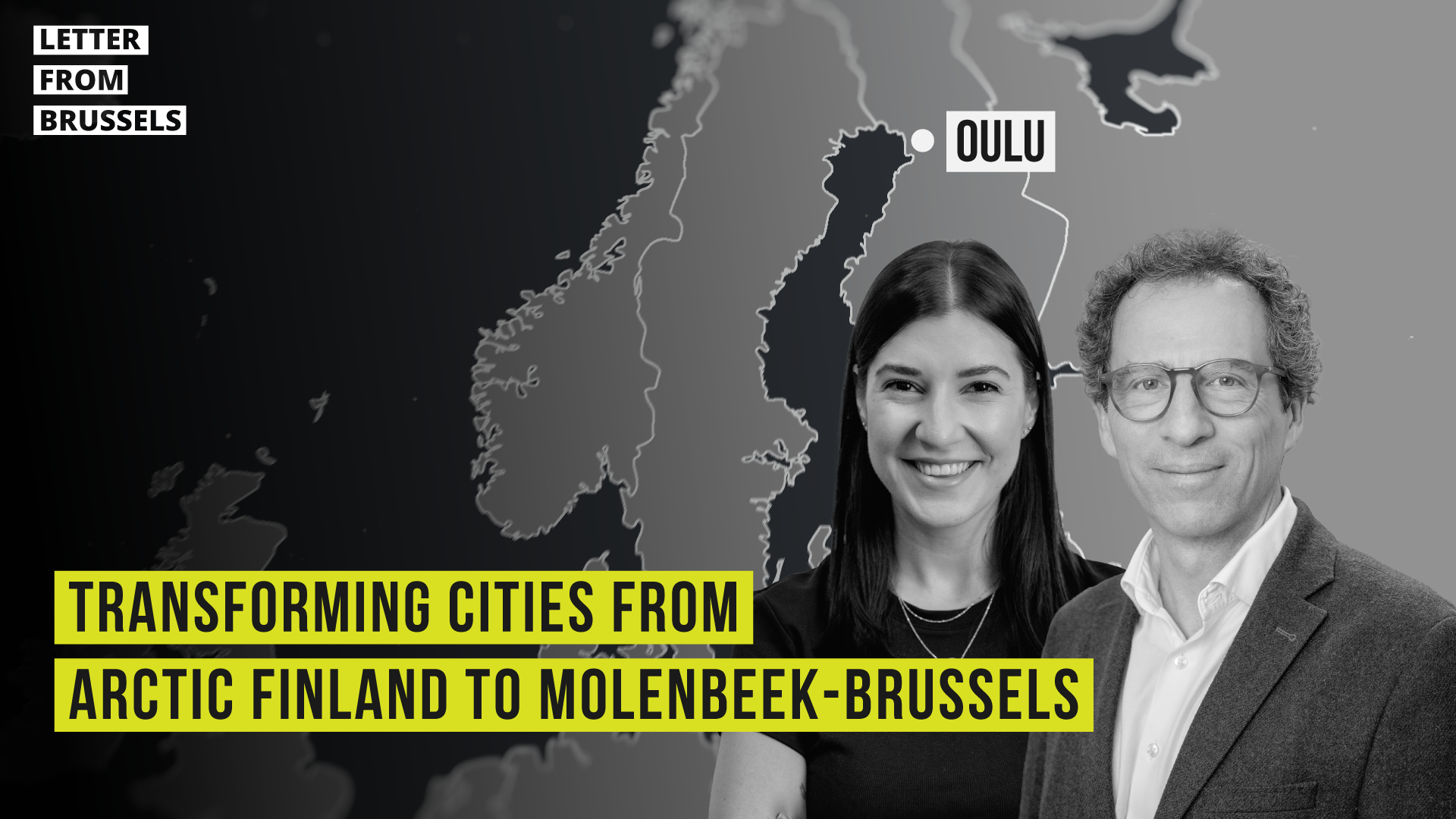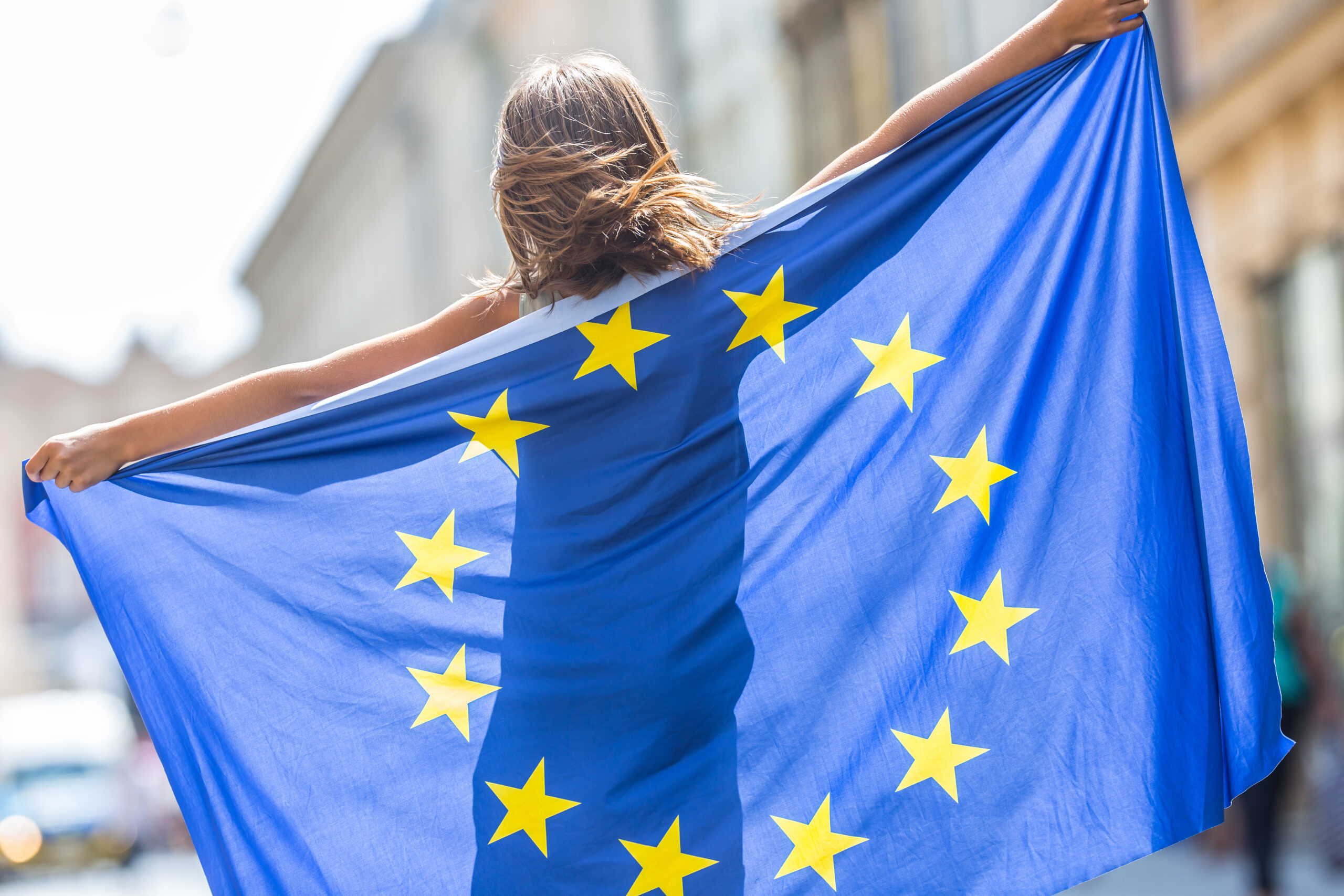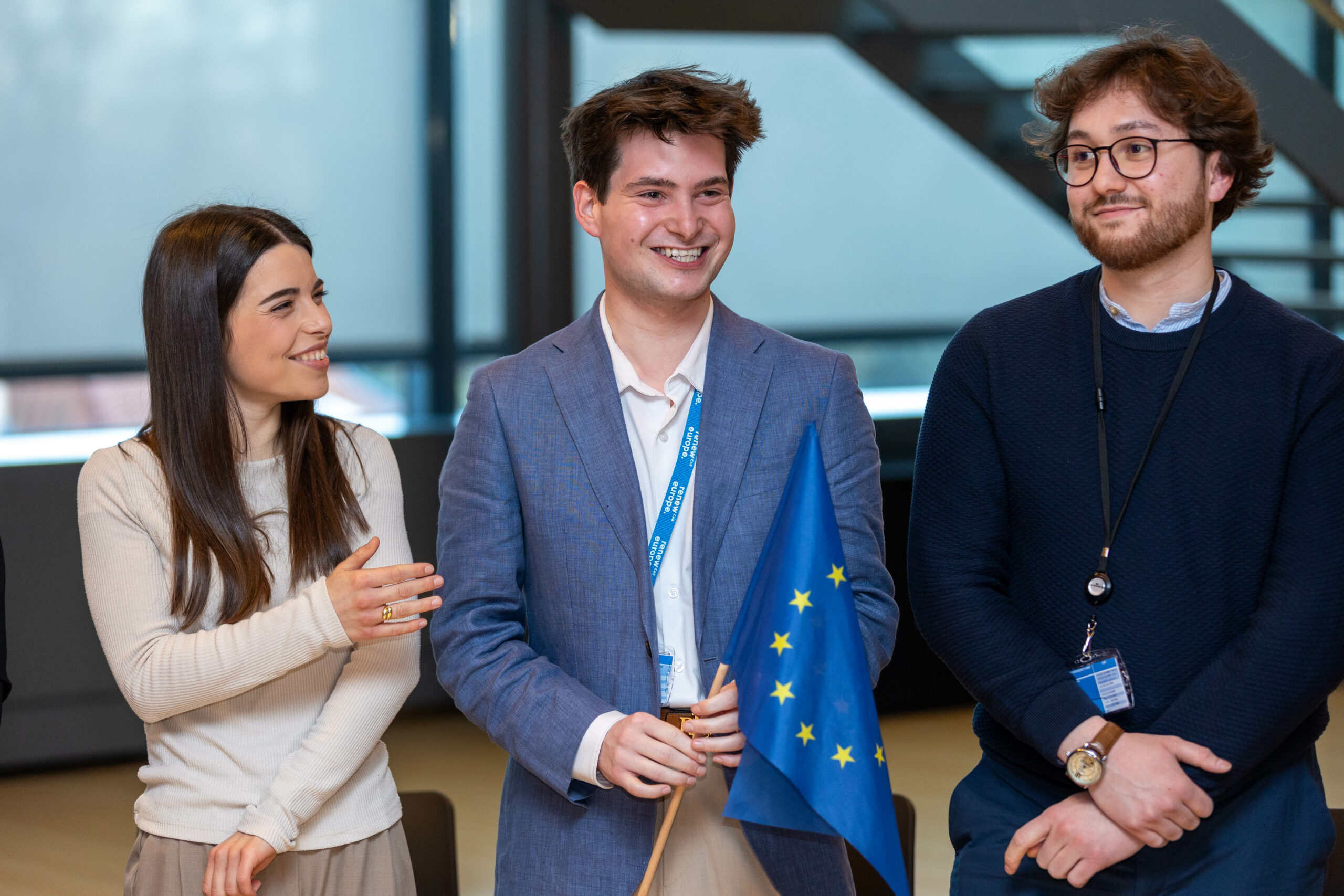The Covid-pandemic heavily affected the tourism sector. The touristic activity is only slowly recovering back to the pre-COVID levels, yet it accelerated the transition to a more sustainable model of tourism, as promoted by Manuel Alejandro Cardenete, Regional Minister for Education and Sport in Andalusia.
Tourism is a vital industry. In Andalusia for instance, the tourism sector represents more than 13% of GDP. While touristic activity has returned to pre-pandemic levels in many regions of Europe during spring 2022, Minister Cardenete, Regional Minister for Education and Sport in Andalusia, warned that the war in Ukraine and the energy crisis are posing new challenges to the sector. He underlined the importance of tourism to the economic growth and called for the European Union to consider tourism as one of its key policy areas.
“Sustainability must be the rule, not exception”, added the NAT Commission Chair Ulrika Landergren:
The EU must develop a strategy that takes into account the tourism’s ecologic and social impact”
Landergren regreted that unsustainable practices still exist: “golf courses are watered in areas suffering from drought and some cruise ships continue dumping wastewater into oceans.”
Sustainable tourism was the topic of a conference organised by the European Committee of the Regions’s Natural Resources (NAT) commission in Santiago de Compostela on June 3. The host city is known for the Camino de Santiago (The Way of St James), which provides a perfect example of sustainable, low-impact tourism combining cultural heritage and bringing together people from across Europe.





